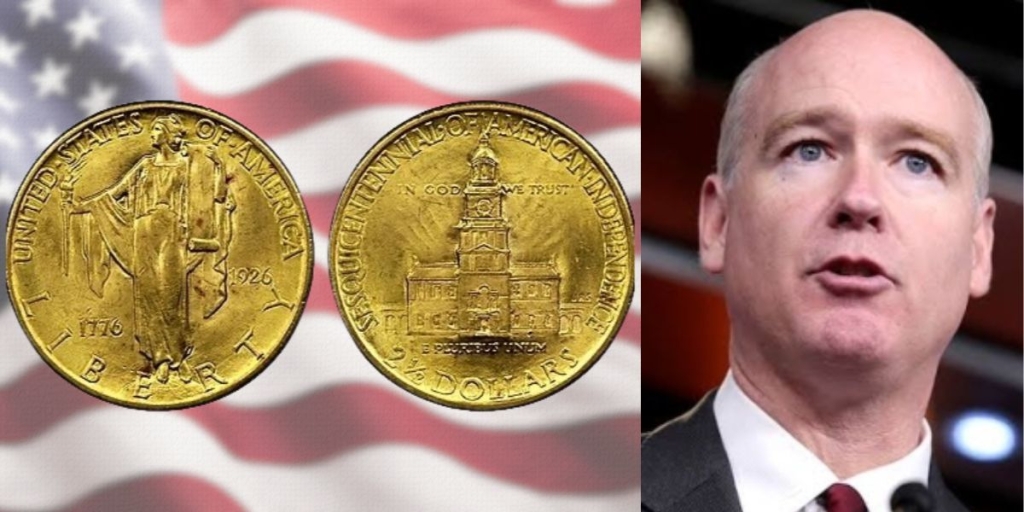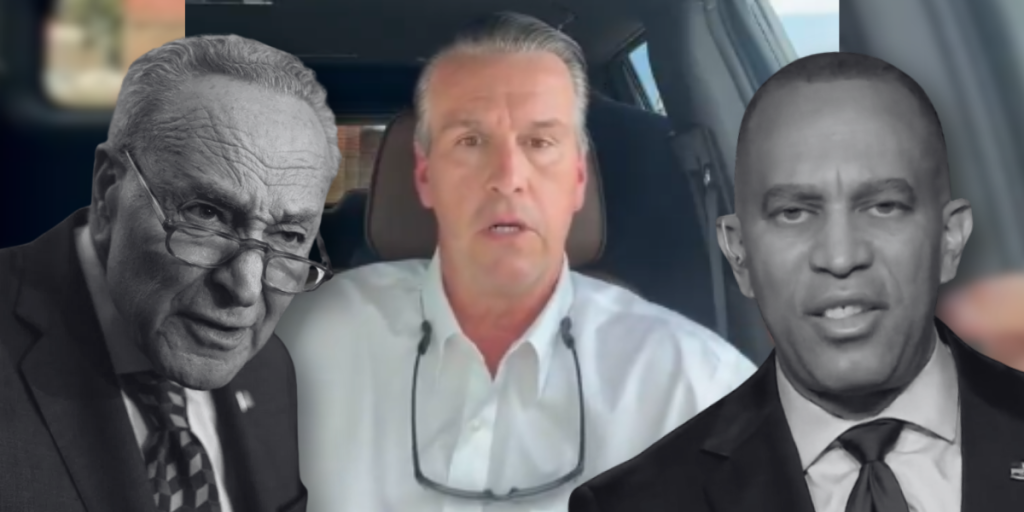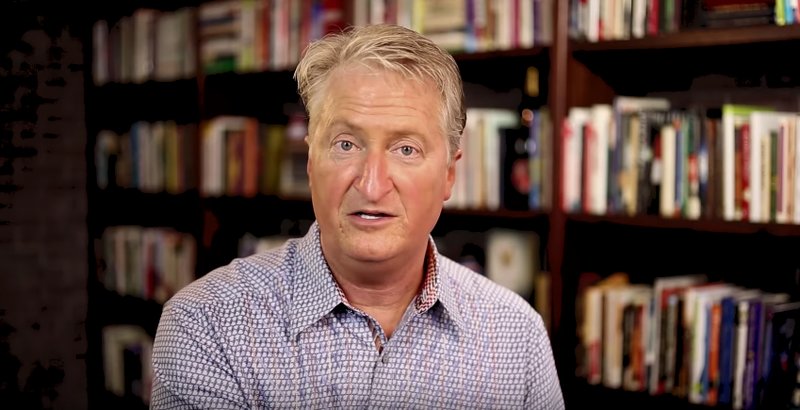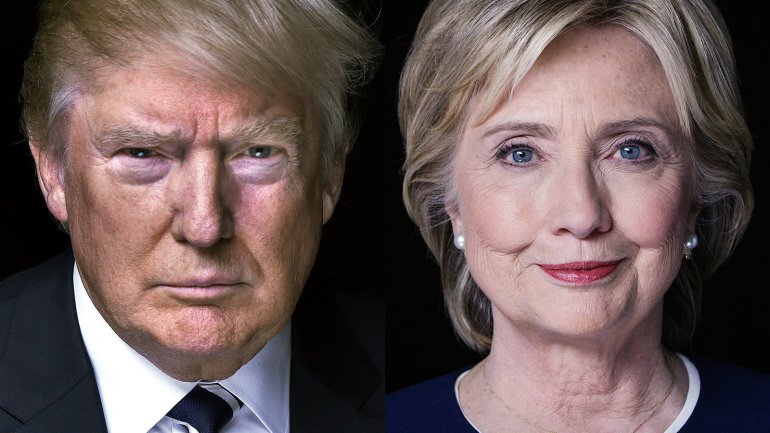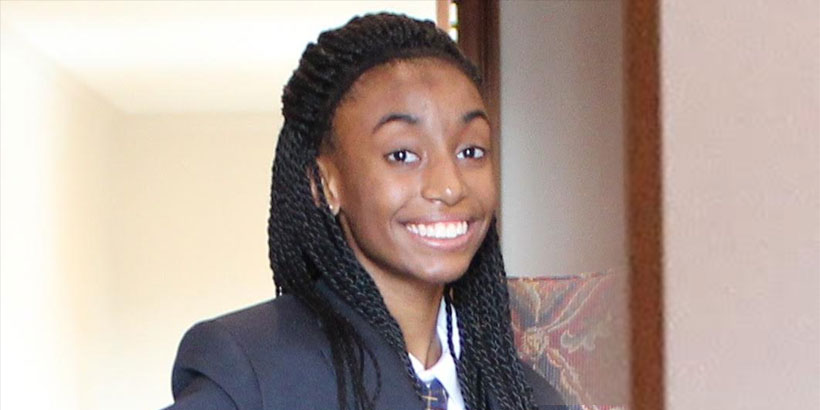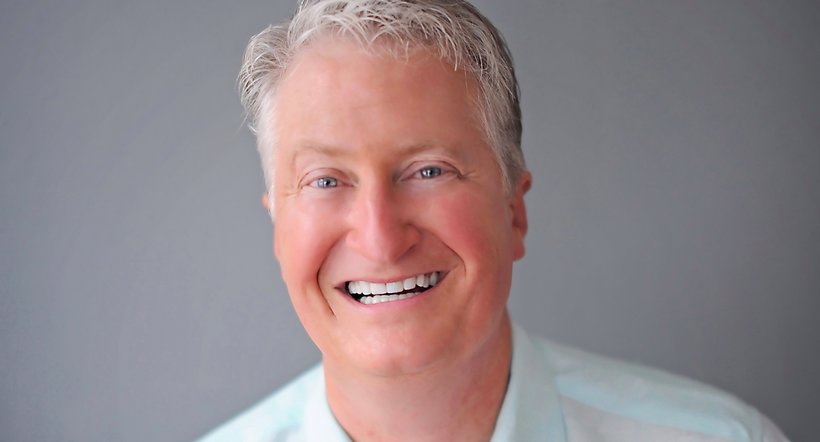
(Special to The Yellowhammer News by New York Times bestselling author Andy Andrews)
I have long been proud of my heritage. While unable to trace ancestors to the Mayflower and unaware of any noble blood in my veins, I am from Alabama. Born in Birmingham’s West End Hospital in 1959, I still live in Alabama with my wife, Polly, and our two boys.
I love most everything about this state and suppose I always have—Bear Bryant, Shug Jordan, The Vulcan, Tony Nathan, long deer seasons, Dothan’s Conestoga Steak House, yes sir and no ma’am, the Gulf Coast Zoo in Gulf Shores, my eighth grade English teacher Mrs. McLoyd, church at the Flora-Bama, Winston Groom… I could go on and on.
My wife is originally from Mississippi and even though she cheered a bit too hard for their upstart football teams last year, she “gets it”. She’s a convert to the true center of the universe. Today, after living in Alabama for more than twenty-five years, she can even explain to people from New York or California why our boys refuse to wear orange and blue pajamas. And she can do it without once rolling her eyes.
Alabama, I’ve always believed, was different…better somehow. Of course, for a long time, I believed that about “the south” as well.
Then, without fanfare, the bubble began to shrink. Now understand, bubble shrinkage is like boiling a frog. These things always happen slowly. You recognize the reference, I’m sure. As the story goes, if a frog is dropped in hot water, he’ll jump right out. But if the frog is resting comfortably in water that is to his liking, one has only to slowly turn up the heat and that frog will stay until the water boils and he is dead. The foundation of the frog’s issue is an inability to combine simple awareness with common sense. For surely, with those two attributes, the frog would hop out of the water as it increases in temperature and say, “Wait just a minute here! Any fool can see where this is going!”
Presently, my family and I live in Orange Beach. I’ve called this area home for more than three decades. A little more than a year ago, Polly and I were sitting in our back yard with neighbors, watching the children play. Someone in the group mentioned a friend in the Midwest whose fourth grade daughter had to bring a signed doctor’s permission to school in order for the girl to use hand sanitizer. Jaws dropped all around.
Another mentioned the fact that several cities in states far, far away have now passed laws against texting while walking. One apparently issues an eighty-five dollar fine for a first offense.
We scoffed and threw words like “ridiculous” and “moronic” around before pitching our own stunning examples of a world gone mad into the conversation. There seemed to be no shortage of crazy stories we’d learned about via the news media. Finally, someone commented, “Let me just say this: We live in our own bubble here in Alabama. And thank You Lord for that!”
As everyone laughed, it occurred to me that some years earlier, I’d heard a man speaking to a civic organization in Tennessee who said a version of the very same thing. “We are fortunate to live in the South,” he said. “We live in a culture of our own making here. It’s like living in a beautiful bubble where all the turmoil and stupidity rage away on the outside!”
In June, I spoke in ten American cities on the topic of Proven Parenting. From Orlando to New York, Los Angeles to Seattle, the audiences ranged from 800 to 4,000. Speaking recently to a friend about the tour, I commented on something that had caught my attention in Des Moines. I was amazed at how many stores in the downtown area posted signs proclaiming their establishment a “Gun Free Zone”.
“This is a perfect example of well meaning idiocy,” I told my friend and when he didn’t reply, I continued. “These store owners—nowhere near Disney World—are living in fantasy land. They are declaring publicly that there are no guns in their particular place of business. The manager doesn’t have one and neither does a single employee. The place is “gun free”. There’s not one under the counter, in the closet, or locked in the safe. There are no guns. None.”
Still, my friend was silent. So I took a breath and went on. “Do these people not understand how dangerous an environment that creates for their customers and for the people who work there? Sure, the employees will obey the ban. So will most of the folks who come in to shop. But think with me here,” I said, “does any rational person truly believe that someone intending to rob the store and shoot up the place will change his plans because of a sign?
“You know,” I said, “maybe I’d understand if it were possible to go back in time to rewrite the Constitution. But we don’t get a “do over”. We have to deal with today’s reality. I’m sorry, but it doesn’t matter what kind of world anyone wishes ours had turned out to be, we actually have to live in the one that exists right now.
“Whether you love it or hate it, the fact is that we live in a country where millions of guns are owned by millions of people. Even if the government did ban guns, even if they did order everyone to turn them in—how tough is it to understand that while good people will obey the law, bad people will not? Will our country be safer if bad people have all the guns?
“Nothing puts a smile on a criminal’s face faster than a gun free zone. Think about it…whether officially designated or not, mass shootings happen at places where people traditionally don’t carry guns. Churches, schools, shopping centers, college campuses… Remember Virginia Tech? When that when that psychopath chained the doors before systematically going from one person to the next, wounding seventeen and shooting thirty-two of them dead…? Gun free zone or not, I’ve got to think all those people attempting to hide under their desks that day would have given anything for just one sane person with a gun.
“And so for God’s sake, don’t put up a sign telling lunatics where they’ll have free reign! Good grief! Even crazy people know that if the goal is to shoot everyone, it ain’t happening at Bass Pro Shop. Trust me, at Mark’s Outdoors in Birmingham, a bad guy would be hard pressed to get off a shot. McCoy’s in Mobile? The folks who work there are awesome, nice as they can be, but every one of them is armed, and they all know how to shoot.”
At that point, I was out of steam and my rant ended weakly. “Anyway,” I sighed, “I didn’t mean to talk your ear off. It’s just that all that stuff rolls through my mind when I see those signs in places like Iowa.”
Raising his eyebrows, my friend finally spoke. “It isn’t just happening in Iowa.” Quickly, on his smartphone, my friend went to Google and brought up a photo of one of the signs posted at an Alabama Rest Area. Sure enough, we officially have gun free zones all over Alabama. And apparently, the fact that they are in violation of state law is of no concern to the Alabama Department of Transportation.
Later that evening, I related this information to Polly and she reminded me about Eric, a friend of ours who was robbed at gunpoint several years ago at an Alabama Rest Area. I remembered. Then, she shook her head and said, “Well, I’m glad we live in this part of the state. We’re in our own little bubble here in Orange Beach. And I sure do like our bubble.”
* * * * *
For years, you and I have watched politicians (and others who would lead us) scramble to put Band-Aids on symptoms of society’s problems without ever addressing the foundational causes of those problems.
We’ve seen laws enacted and laws overturned. We’ve paid close attention and sought to understand as complicated, life changing rules and regulations were announced. And we have meekly complied, many times at great expense, only to be forced to deal with the mess created when those same rules were changed or cancelled altogether the following month. We’ve watched signs go up and seen them come down. In fact, after more than a year in use, our own Governor ordered those Gun Free Rest Area signs be removed last week.
So at least the signs are down. For now. But don’t forget that even if the signs are thrown away for good, those signs were not free. They cost actual money to produce. So really, it was “the money” that was thrown away. And it was your money.
There are few instances of pure clarity in this life, but I must say that when my wife mentioned our “bubble in Orange Beach”, a whole bunch of dots connected for me at that moment. Unfortunately, I knew what those dots represented. It was a frightening experience.
You see, a bubble is nothing more than a thin membrane that determines its size. That membrane is held in place by an equal amount of pressure on the inside of the bubble and the outside. If the pressure on the inside becomes greater than the pressure on the outside, the bubble will grow and expand, encompassing more area. Conversely, if the pressure on the outside of the bubble becomes greater than the pressure on the inside, the bubble will shrink.
When there is greater pressure on the inside and the bubble expands, its potential for growth is obviously limitless. However, if the pressure inside the bubble yields to external forces, allowing the pressure on the outside to become greater, and if this happens for an extended period of time… Well, there is an end to that. At some point, a shrinking bubble disappears completely.
If the bubble around your town shrinks to become the bubble around your neighborhood then shrinks even more to become the bubble around your house, there is an end to that, too. At some point, even a society’s bubble, if allowed to shrink relentlessly, will disappear completely; removing the protection once afforded everyone who enjoyed life inside—everyone whose thought processes and hard work built the bubble in the first place.
If you’re looking for a bottom line, try this: All the band-aids in the world won’t reverse the trend of a shrinking bubble if you and I ignore the foundation of our culture. Curiously, that foundation is not “choice” as so many believe. Our culture’s foundation is our “thinking”. For it is our “thinking” that has determined every choice we have ever made in the past and it is our “thinking” that will determine every choice we’ll make in the future.
It seems obvious, but I’ll state it anyway. Bad thinking—flawed premises or deceitful conclusions—yield bad choices that lead to bad results. Good thinking—logical truth and common sense—yield good choices that lead to good results.
Therefore, even if our bubble is shrinking, all is not lost. Not by a long shot. You and I are still able to create pressure inside the bubble. By proclaiming the truth and extolling the virtues of principle and common sense, we can overcome bad thinking by proving the value of good thinking. But we must PROVE that value.
There are many in our society who lack hope. They have become hopeless because they believe themselves powerless. It is for this reason that they essentially cede their vote, their voice, their influence—the power they really do have—to others. In essence, because they have lost hope and feel powerless, they allow others to think for them.
Foundationally, the person who believes himself powerless is merely a victim of his own bad thinking. He is believing a lie. He is not powerless; he only believes that he is. So while he may well be a “victim” of his own bad thinking, the good news is that he is not a helpless victim—for he alone possesses the power to change the way he thinks.
Why is this so? Because he has been given free will. He can choose to do whatever he wishes. Allow me to say it again: He can choose to do whatever he wishes. So the question becomes: What does he choose? How does he turn his life around? How does he shuck the lie of hopelessness?
Simply, he must understand that huge hope resides in the truth of God’s greatest paradox: His thinking determines his choices, but he can choose how he thinks!
In fact, we all choose our thinking. We do it by choosing what we listen to, by choosing what we watch and what we read. We choose our thinking by choosing who we watch and to whom we listen, as well. And perhaps just as important a factor in choosing how we will think is by choosing what we will not listen to, what we will not watch, and what we will not read.
Finally, as you and I endeavor to choose good thinking in our own lives, we must be careful to avoid telling others how they should think. The change in anyone’s thinking—including yours and mine—only occurs when the value of thinking a certain way is proven. So lets prove it now.
Our bubble is shrinking. Time is short.
Andy Andrews is the New York Times bestselling author of The Traveler’s Gift and The Noticer. He hosts the weekly podcast, In the Loop with Andy Andrews.
In the Loop is funny, thought provoking, and free. Subscribe on iTunes or at AndyAndrews.com.




